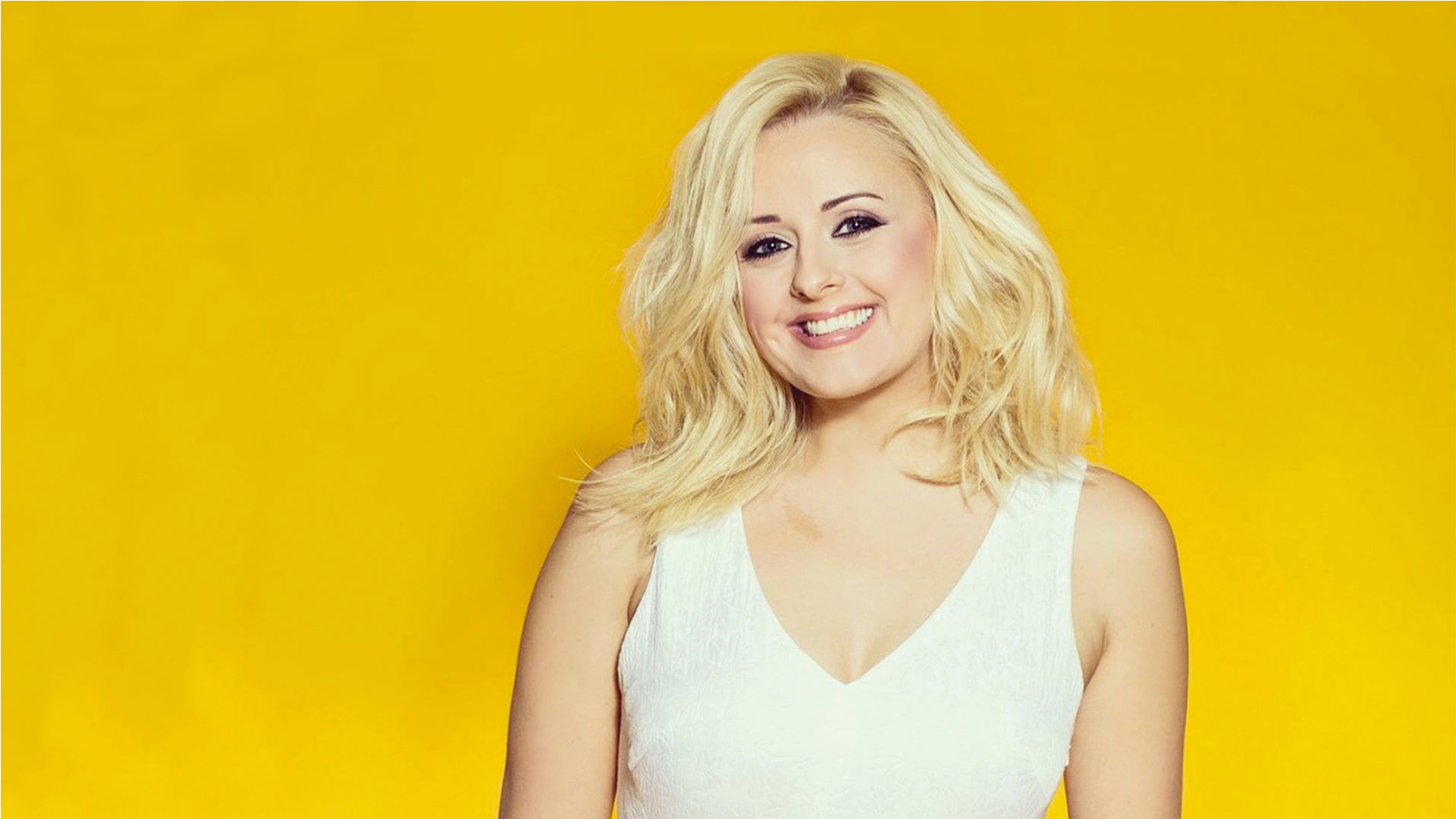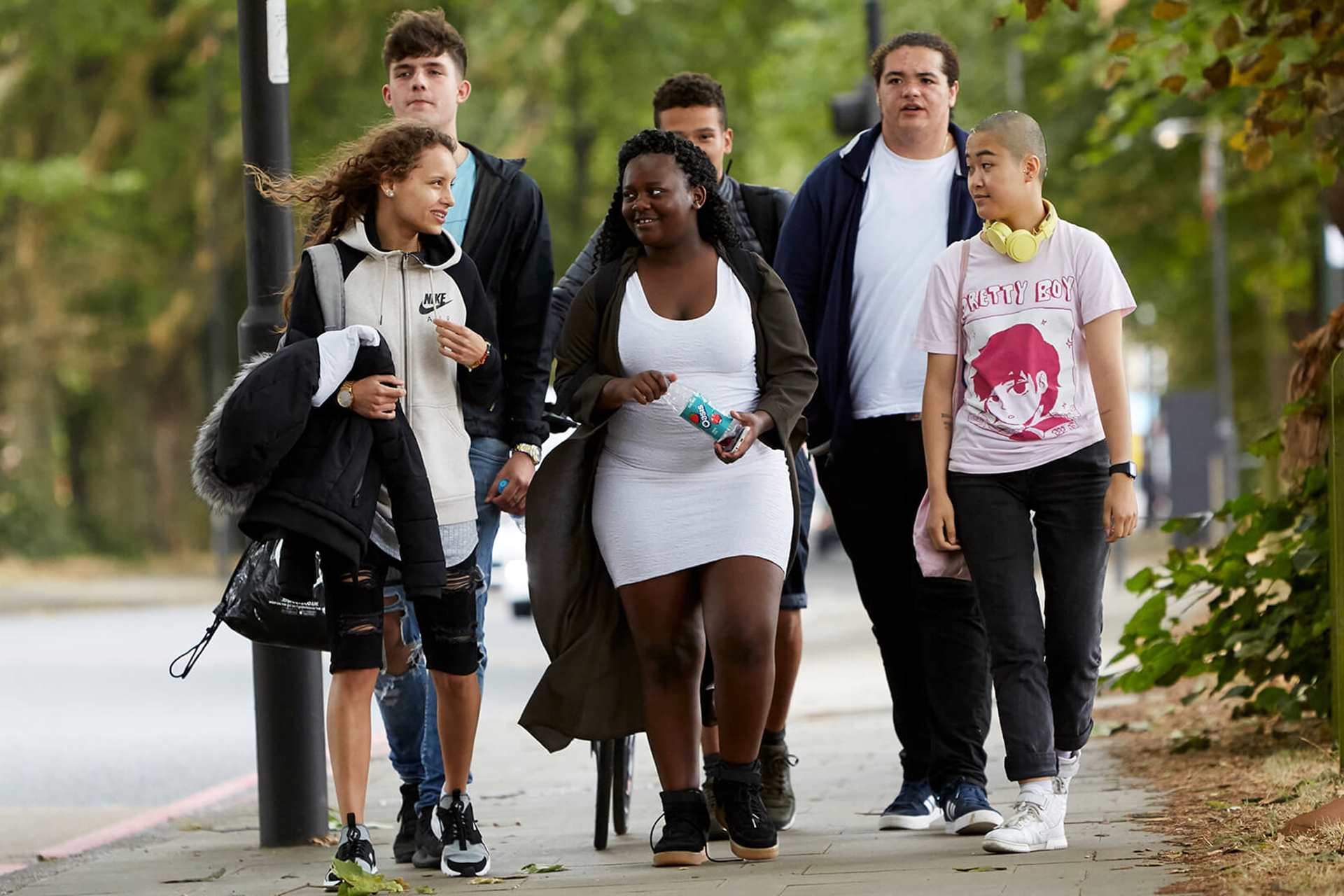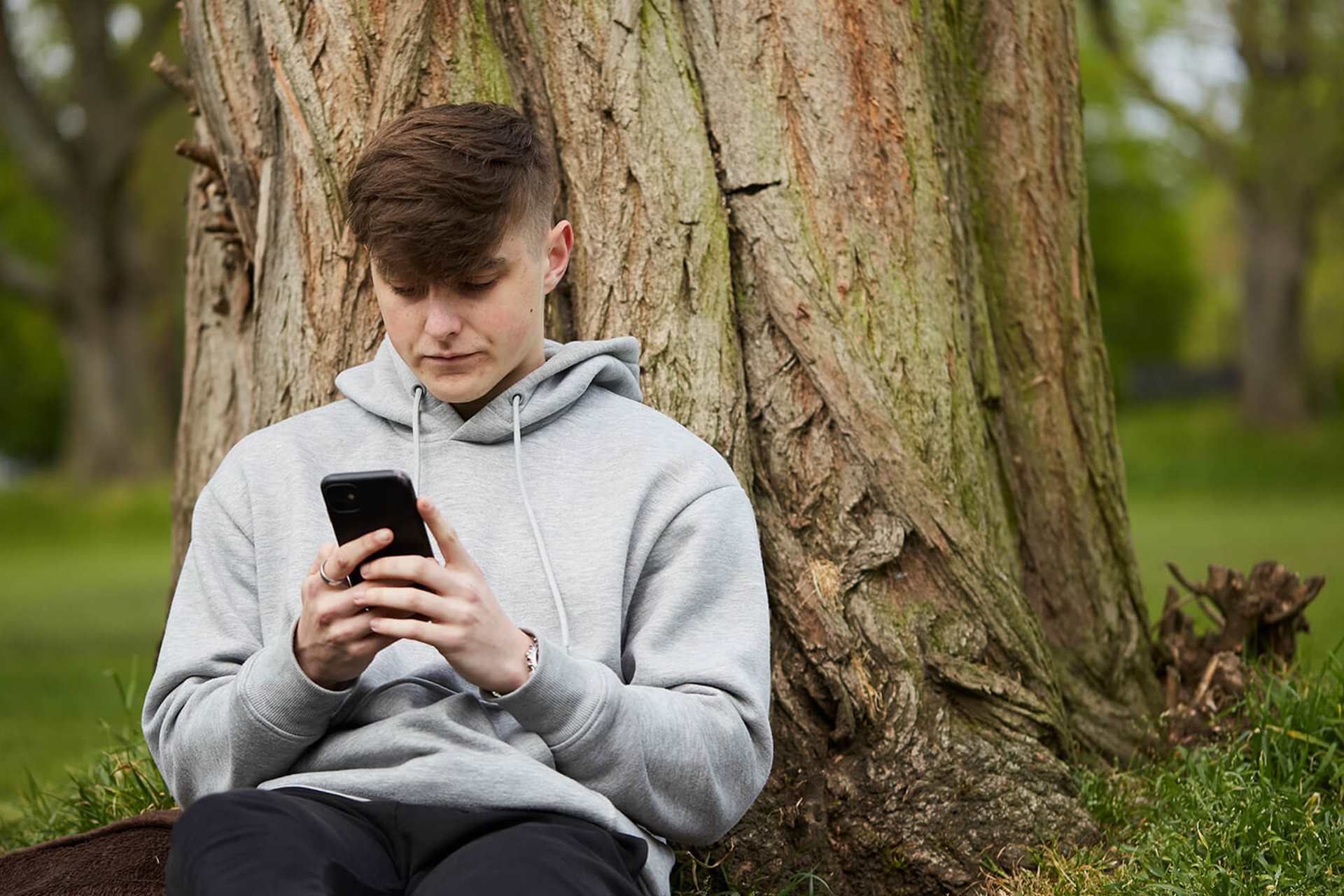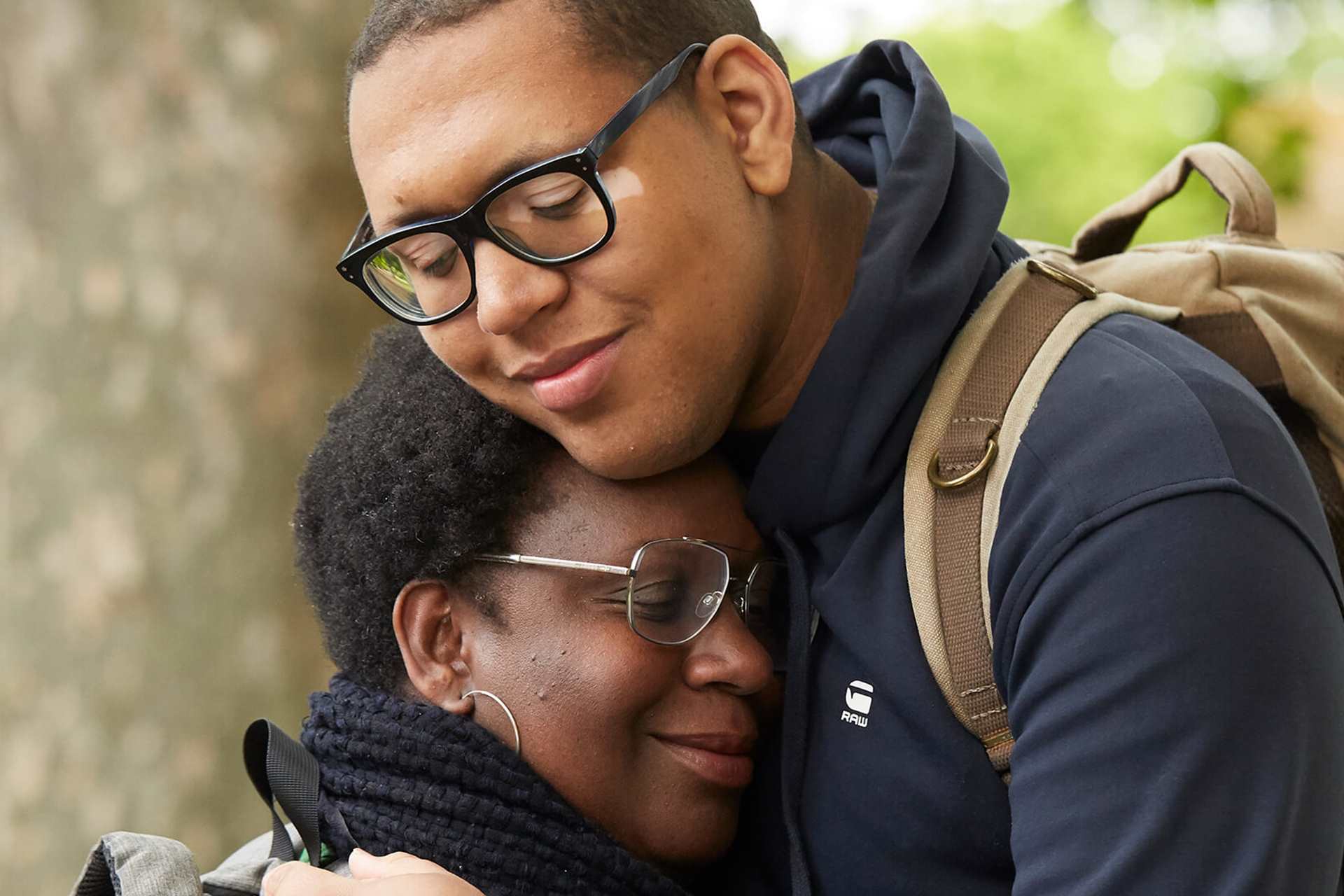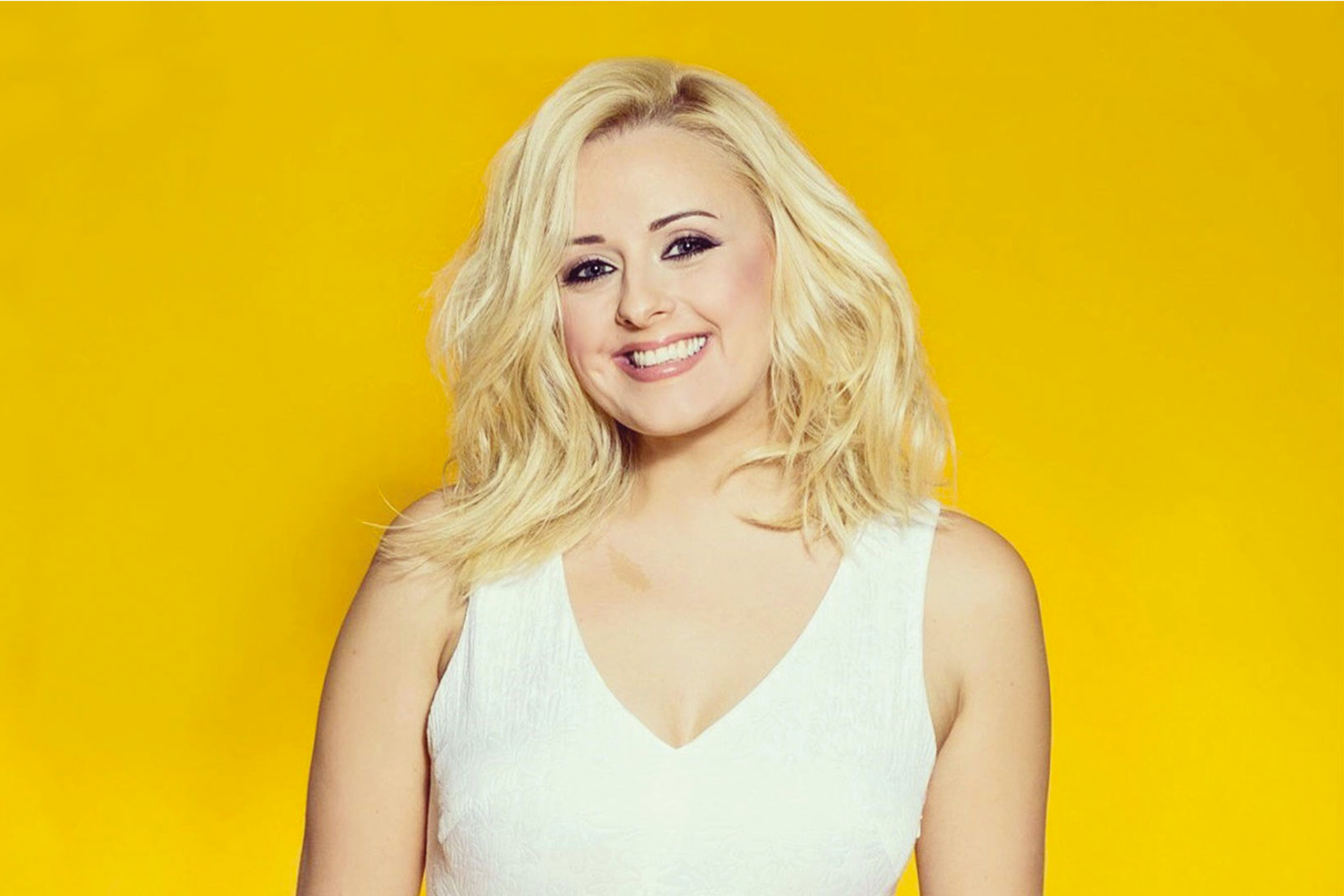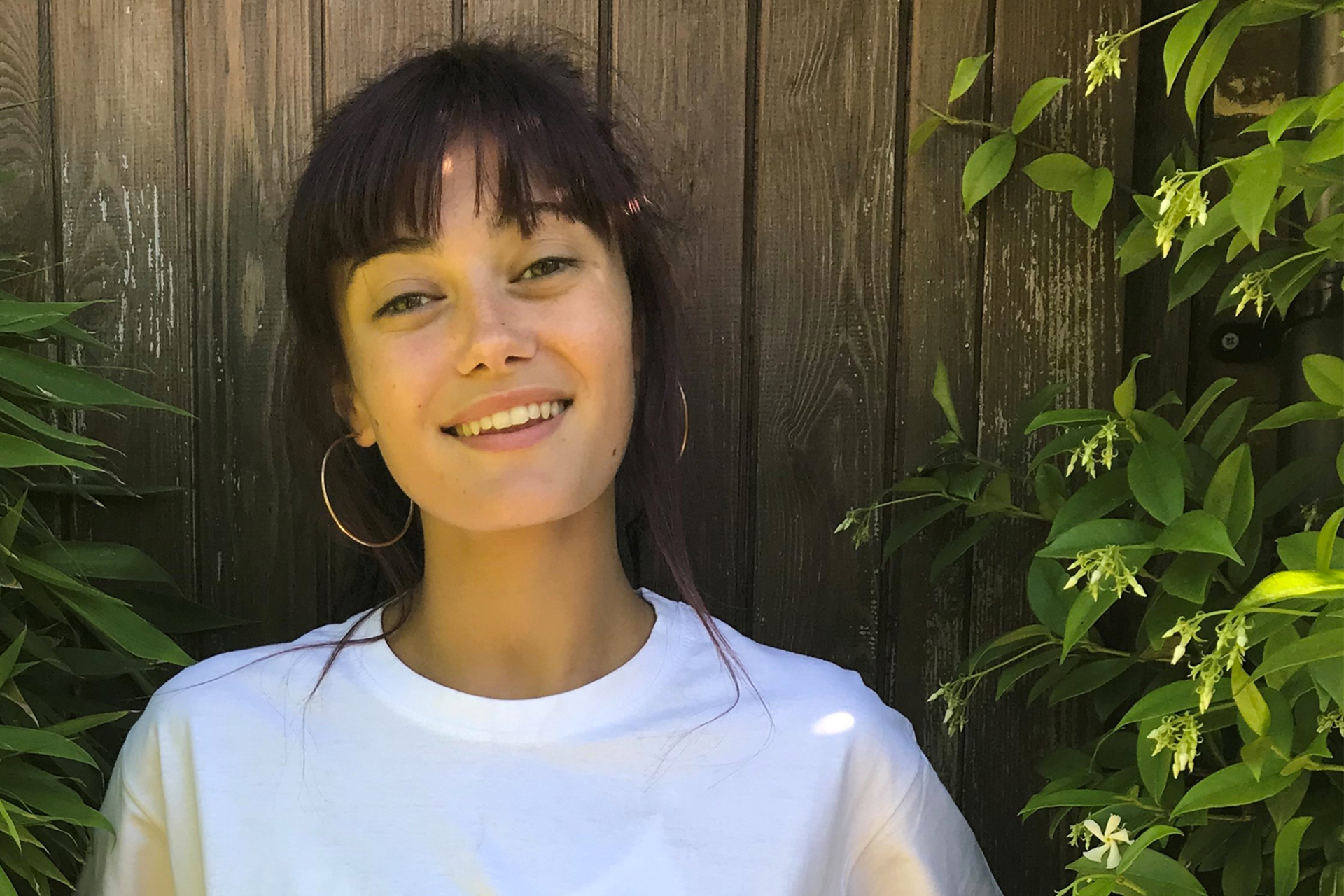Topics mentioned: mental health, counselling and therapy, social media
About: TV and radio presenter Katie Thistleton discusses how she looks after her mental health, and the role media can play in breaking the stigma.
Why have you chosen to become a YoungMinds ambassador?
I'm passionate about raising mental health awareness because I've suffered with my own mental health problems, and I know now that they started in childhood and were particularly tricky to deal with in my teens and early twenties. I believe we should talk about our emotions and feelings when we're young and be taught that they're totally human and can be dealt with, before they become more serious mental health problems.
I think YoungMinds does an amazing job raising awareness to break down the mental health stigma and encouraging young people to talk about what's going on in their heads. Being young can be really tough!
We should talk about our emotions and feelings when we're young.
How do you look after your mental health, and where do you seek support when you need it?
I've had counselling and I've read countless amounts of books on the subject of mental health. I find it most comforting hearing about people who feel the same as me - often we think we're all on our own when really our brains are hard-wired to do the same things!
Matt Haig's 'Reasons to Stay Alive' changed my life, as did Cheryl Strayed's 'Tiny Beautiful Things'. Matt's book encouraged me to write a list of all the things that make me feel better and all the things that make me feel worse, as he had done just that. When I did that, something shifted in my mind. I stopped over-complicating life and now whenever I feel my brain getting 'messy' again I read it to focus.
I remind myself to focus on my priorities - my family, etc - but also on the little things that make me feel good, like getting up in the morning and exercising, seeing my family and people who make me feel good, going for a drive in my car and listening to Beyoncé or singing along to Britpop, baking a cake...
I remind myself to focus on my priorities - my family, etc - but also on the little things that make me feel good.
You are active on social media – what pros and cons do you find in using these platforms? Have you ever attempted a detox from social media?
I haven't ever had a proper 'detox' from social media because I do love it, but I try to keep a balance. Luckily I'm always very busy so can't sit on it as much as I'd probably allow myself to, but when I do spend a lot of time on it I find it makes me feel rubbish, it's mostly full of people's 'highlights' - perfect selfies or how well they are doing in their jobs or general lives. I'm guilty of this self-promotion too, I have to remind myself that life isn't a competition and we're all good enough in our own way.
If I start to feel down about what I'm seeing on social media, I remind myself that my priorities and my own life are what matters. I have before now unfollowed fitness accounts and followed body positivity accounts instead. I also follow a lot of dog accounts! We don't have to follow the accounts that make us feel bad about ourselves. There's a lot of enjoyable stuff online too!
If I start to feel down about what I'm seeing on social media, I remind myself that my priorities and my own life are what matters.
You present ‘The Book Club’ on CBBC and Radio 1’s advice show Life Hacks. What role do you think television and radio can have in breaking down the stigma on mental illness?
I think the media has a massive role when it comes to breaking down the stigma of mental illness. Week after week on Life Hacks we receive positive feedback from people for having the conversations we do, and I'm so proud of it. We should talk about mental health as freely and easily as we do our physical health; the more we do that the more it will happen. I hope we soon get to a point where it isn't unusual or a big 'event' to have mental health talked about on TV and radio, but more that it's just the norm that we talk about what we're feeling.
We should talk about mental health as freely and easily as we do our physical health
You’ve written a book called ‘Real Problems. Real Advice’. What’s the best piece of mental health advice that you’ve ever received?
I have been told by various people that 'everything in life is a choice' and it's something we often struggle to realise for some reason. We can choose to respond a certain way to circumstances yet we sometimes think we're lumbered and sell ourselves short. We owe it to ourselves to spend time doing what we want, with the people we want to spend time with, and not settle for anything less. I have to remind myself of this most days.
I also felt a huge breakthrough with my mental health when I found acceptance. Once when talking about my low self-esteem to a counsellor, he told me to accept that the things I think about myself or worry about might be true, but that I'd be ok anyway. There's a real power in accepting your situation and making the best of it anyway. As someone else once said to me 'one day you and everything you know will be dust' so don't worry too much about that housework/homework/presentation!
Get help
Whatever you're struggling with, we have tips and advice that can really help
Where to get help
However you're feeling, there are people who can help you if you are struggling. Here are some services that can support you.
-
Childline
If you’re under 19 you can confidentially call, chat online or email about any problem big or small.
Sign up for a free Childline locker (real name or email address not needed) to use their free 1-2-1 counsellor chat and email support service.
Can provide a BSL interpreter if you are deaf or hearing-impaired.
Hosts online message boards where you can share your experiences, have fun and get support from other young people in similar situations.
- Opening times:
- 24/7
-
Youth Access
Provides information about local counselling and advice services for young people aged 11-25.
Put in your location and what you need help with into their 'Find help' search, and see what services are available in your area.
